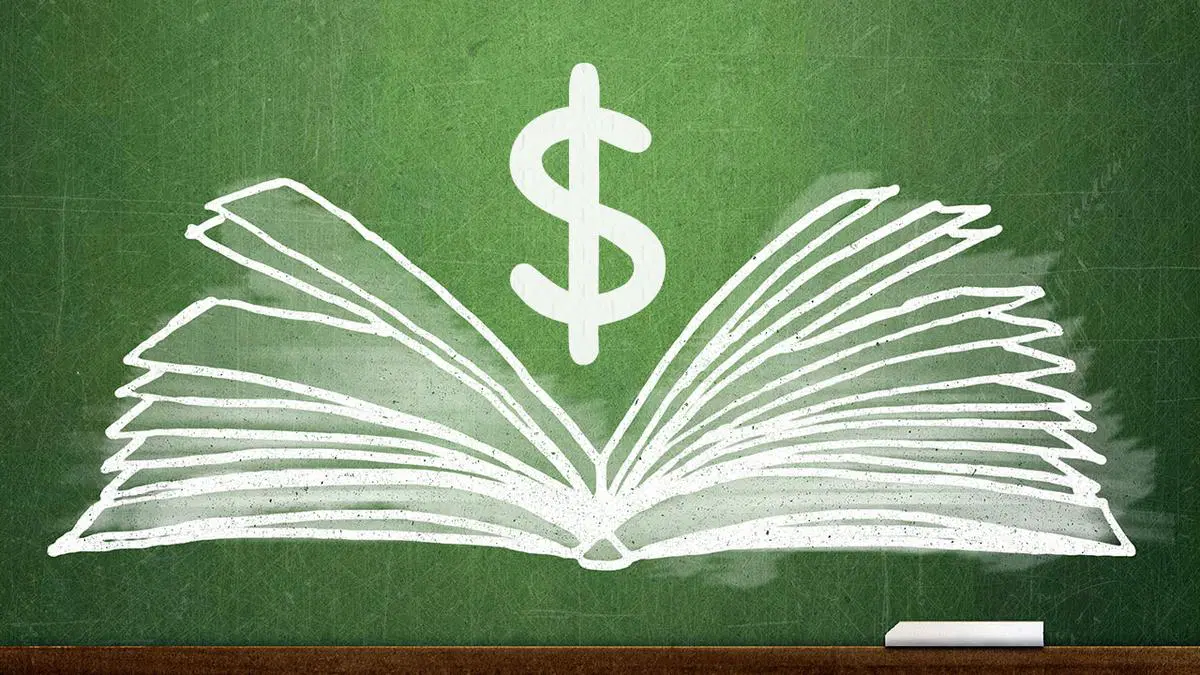There are many facets to the traditional publishing industry, and one of the most important aspects of the relationship between authors and publishers is the financial arrangements that are made.
Having a solid understanding of the economics that underlie advances, royalties, and contract negotiations can have a considerable impact on the career of an author. In order to present a more accurate image of the operation of a book publishing services then, let’s have a quick look at a few important these areas.
Payouts in Advance
For many authors, one of the most appealing parts of traditional publishing is the opportunity to get advance money. An advance is a sum of money that is paid to an author in advance, prior to the publication of their book. Considering that this payment represents an advance against future royalties, it is important to note that the author will not begin collecting royalties until the advance has been “earned out” through the sale of books.
How the Advancement Process Operates
Determine the Amount: The amount of an advance is determined by a number of criteria, including as the track record of the author, the genre of the book, and the publisher’s appraisal of the book’s potential for success. Established authors who have a track record of publishing best selling books are able to obtain substantial advances, but first-time authors may receive more modest amounts.
Structure of Payments: In most cases, advances are paid out in installments. The initial payment might be made with the signing of the contract, another payment could be made upon the delivery of the manuscript, and the last payment could be made upon publication.
Earning Out: Once the book is released, royalties from book sales are used to pay back the advance that was given to the author. When the advance has been completely recouped, and only then, will the author begin to receive extra royalties.
Various Forms of Royalty Structures
The authors are entitled to a portion of the book’s selling price, which is referred to as the retail price royalties. As an illustration, if a book is sold for twenty dollars and the royalty rate is ten percent, the author will get two dollars for each copy that is sold.
Royalties on Net Sales: Authors are entitled to a portion of the net sales, which is the amount that remains after the discount offered by the merchant and any other expenditures have been subtracted. For example, if a book is sold for $20, but the net sale price is $12 after discounts, and the royalty rate is 15%, then the author earns $1.80 per copy. This is because the net selling price is $12.
Escalating Royalties: Certain contracts feature escalating royalty rates, which are rates that increase as sales milestones are reached. A writer might receive a ten percent commission on the first five thousand copies sold, twelve percent on the subsequent five thousand, and fifteen percent on all subsequent sales.
Discussions Regarding Contracts
The process of negotiating a publication deal is an essential stage for authors. It is possible for an author to safeguard their interests and achieve better terms if they are aware of what to look for and how to bargain.
The following are important clauses to keep an eye out for:
Make sure that the contract makes it abundantly clear which rights (such as print, digital, and audio) are being sold and in which areas they are being sold. Keeping certain rights, such as those pertaining to cinema or translation, can be beneficial.
Rates of Royalty: It is important to negotiate for the greatest possible royalty rates and to have a solid understanding of the foundation on which royalties are determined (retail sales versus net sales).
Payments in Advance: Although it may be tempting to concentrate exclusively on the advance, it is important to take into account the full financial package, which includes royalty rates and other prospective rewards.
Reversion of Rights: This provision establishes the circumstances under which the author’s rights are reverted to them in the event that the book is no longer published or if sales fall below a predetermined threshold. Reversion terms that are favorable to authors make it possible for them to republish their work elsewhere.

